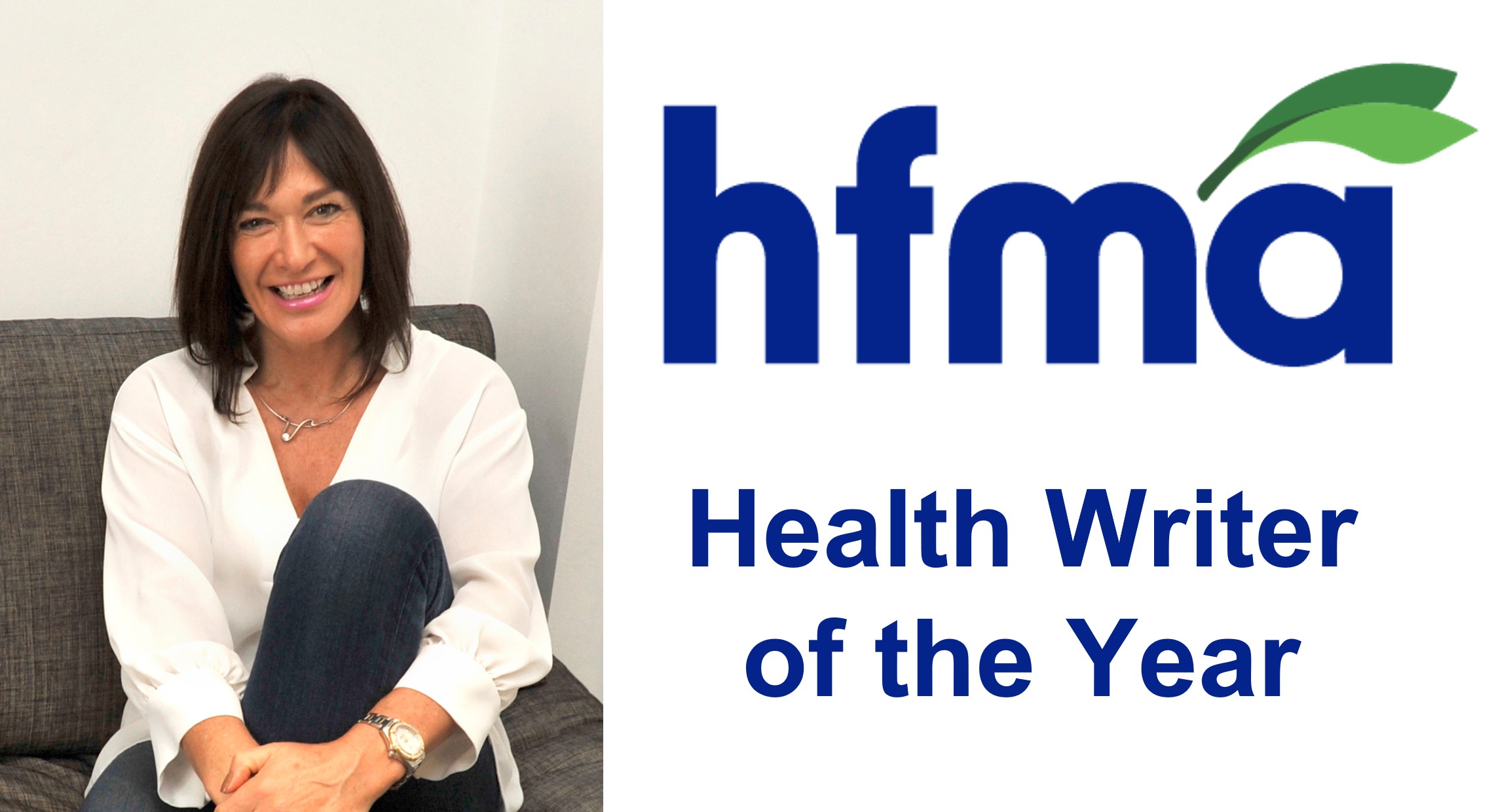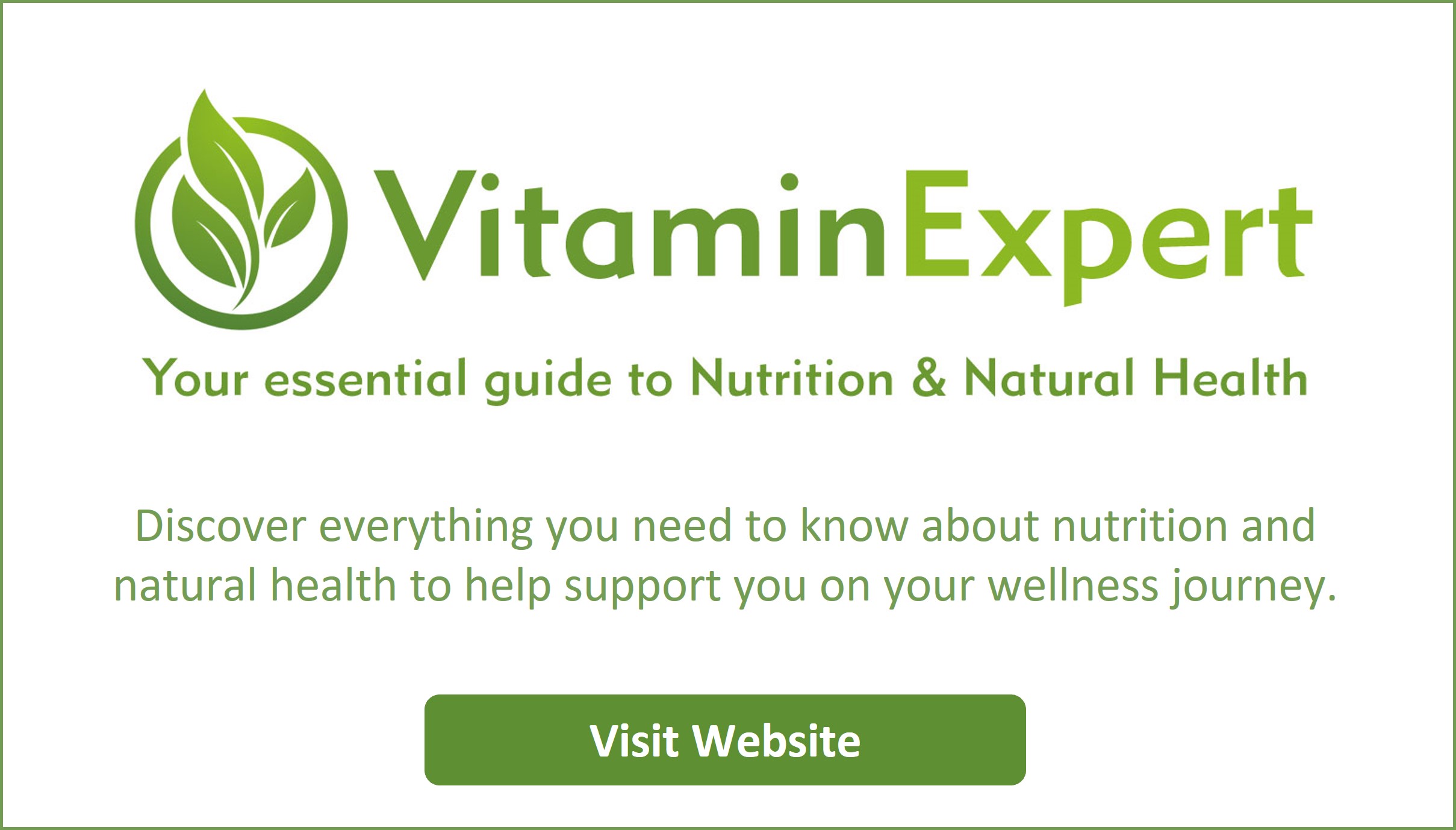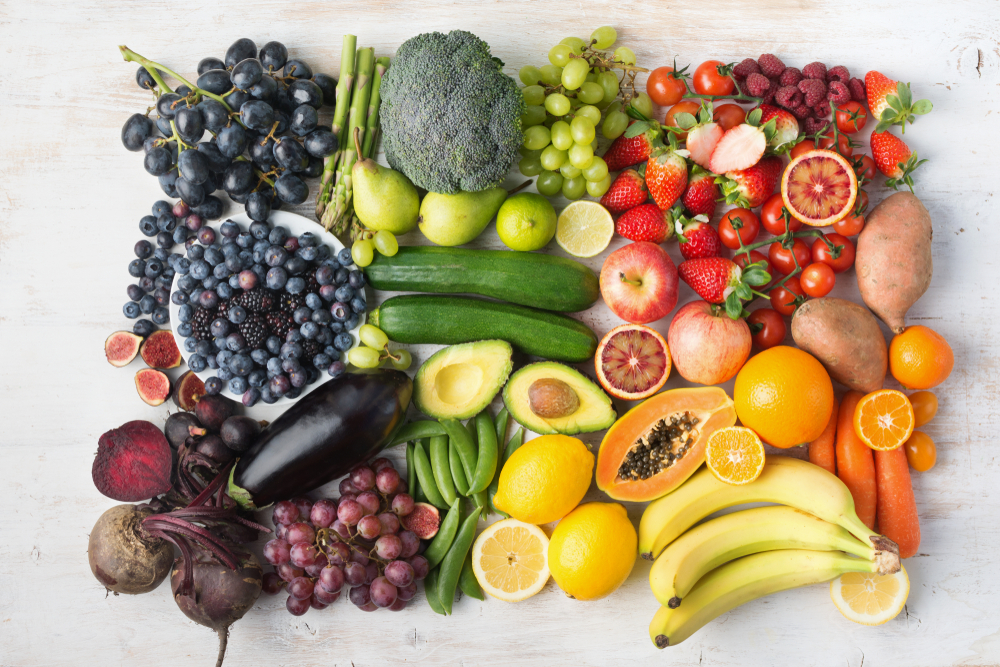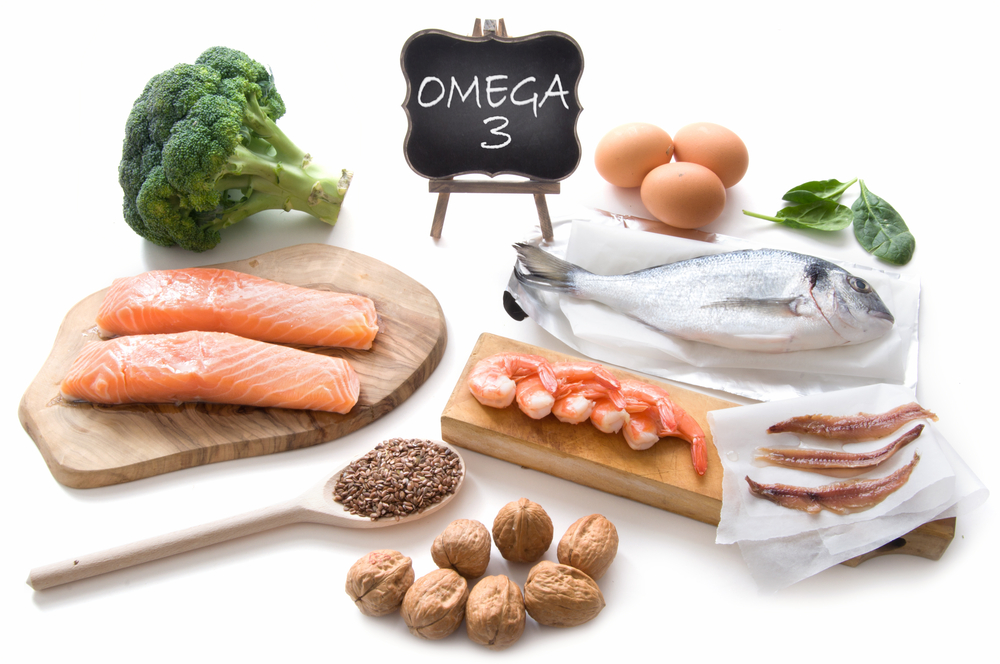
It’s Halloween week! Not only do many of us love the spooky festivities; Halloween also provides the opportunity to enjoy eating foods belonging to the nutritious pumpkin family.
Clinical Nutritionist, Suzie Sawyer, shares her four favourites from the pumpkin family.
 Properly named the Cucurbitaceae family, it’s got plenty of members, around 975 species of food and ornamental plants. However, let’s take a closer look at just four of them, and hopefully you’ll be eating and enjoying at least one over the coming week and throughout the winter months.
Properly named the Cucurbitaceae family, it’s got plenty of members, around 975 species of food and ornamental plants. However, let’s take a closer look at just four of them, and hopefully you’ll be eating and enjoying at least one over the coming week and throughout the winter months.
Pumpkin

Clearly the most talked about at this time of year. And whilst they look lovely as lanterns, pumpkins are very healthy too. Also known as winter squash, pumpkins are an excellent source of beta carotene, just like other orange fruits and vegetables. Beta carotene is a powerful antioxidant, so it helps protect the body from illness, but is also converted into vitamin A, which is essential for the immune system, as the body needs it. Pumpkins are also rich in vitamin E, another powerful antioxidant, and great for the skin and heart too.
Whilst they might seem a little overwhelming to cook, there are loads of ways of eating pumpkins; roasted, mashed, stuffed, used in soups and winter stews, or even made into pumpkin pie.

Pumpkins are actually two foods in one: there’s the fleshy part of course but pumpkin seeds are also incredibly nutritious. They’re rich in zinc (essential for the immune system), magnesium (needed for the nervous system and sleep) and potassium (also essential for the nervous system and a healthy heart). These too can be roasted and eaten as a tasty snack.
Courgette

Often called ‘zucchini’ or referred to as ‘summer squash’, courgettes are a type of small, young marrow. As with many fruits and vegetables, most of the nutrients are found on the skin, plus they contain lots of antioxidants.
Whilst courgettes are especially rich in beta carotene, they’re also a great source of vitamin C (one of our most hardworking vitamins) and folate, a member of the important B-vitamin family. Folate fulfils many roles in the body, but is essential for repairing DNA, so it can hopefully help us to keep young and vibrant.

Courgettes can be eaten raw in salads, but at this time of year, they’re good roasted, stuffed or stir fried with a little garlic. Obviously, they’re great very lightly boiled too.
Squash

Whilst both pumpkin and squash can often look similar (and there are many varieties of squash) they are different vegetables, although belonging to the same family. They both have tough outer skins (which are not edible) and fleshy orange interiors.
However, squash are no less nutritious than pumpkins, particular in their vitamin A and vitamin C content and are especially rich in dietary fibre. Fibre is essential for helping to feed the good gut bacteria, which in turn supports the immune system, mental wellbeing, hormones, skin and much more besides.

Of course, squash is also incredibly versatile when it comes to how it should be eaten: roasted, sautéed, used in soups and stews, steamed with some delicious herbs. Whichever you choose, do make sure you eat some this Halloween or certainly during the winter months.
Cucumbers

Cucumbers tend to be associated with the summer months, when they’ll often feature in salads, as part of a crudité plate, or in ice cool drinks. And to be fair, that’s probably the best ways of eating cucumber.

Whilst cucumbers are very low in calories, and contain some vitamin C, they are not especially rich in nutrients. However, one of their biggest claims to fame is their high water-content (around 96%) which makes them a great diuretic for those suffering from water retention. They also help cleanse the kidneys or to rehydrate after a heavy workout.
So why not add some of these delicious foods to your diet this Halloween and indeed throughout the winter months too.
FOR MORE GREAT NUTRITION AND LIFESTYLE ADVICE:
Sign up to receive our blog and get a weekly dose of the latest nutrition, health and wellness advice direct to your inbox.
For everything you need to know about vitamins, minerals and herbs visit our sister site Vitamin Expert – your essential guide to nutrition and natural health.
Follow us on Instagram @feelaliveuk for nutrition, lifestyle and well-being tips.
Visit us at www.feelaliveuk.com for the latest offers and exclusive Alive! content.
Follow and Chat with Suzie on Twitter @nutritionsuzie
All images: Shutterstock
























